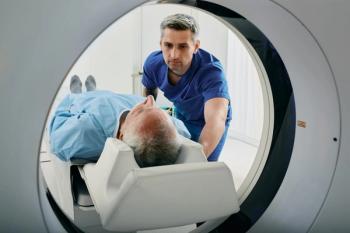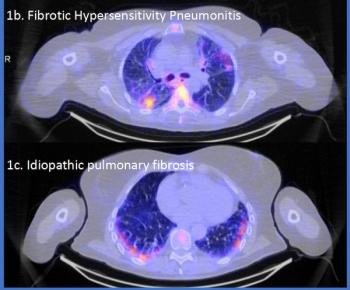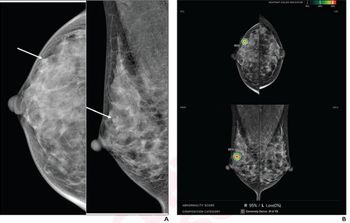
|Slideshows|January 3, 2023
The Top Five MRI Articles of 2022
Author(s)Diagnostic Imaging Staff
Catch up on the most well-read magnetic resonance imaging (MRI) articles from 2022.
Advertisement
We take a look back at the most well-read articles on magnetic resonance imaging (MRI) in 2022 with topics ranging from the neurological impact of COVID-19 and vaccine-associated myocarditis to an emerging MRI contrast agent. Review the slideshow below to see highlighted MRI articles from the past year.
Newsletter
Stay at the forefront of radiology with the Diagnostic Imaging newsletter, delivering the latest news, clinical insights, and imaging advancements for today’s radiologists.
Advertisement
Latest CME
Advertisement
Advertisement
Trending on Diagnostic Imaging
1
Molecular Imaging in Focus: Emerging Insights on the PET and SPECT Imaging Agent 61Cu-NU101 for PCa
2
The Inflection Point for AI in Radiology: Emerging Insights for 2026
3
SPECT/CT Agent Garners FDA Fast Track Designation for Inflammation Assessment in Interstitial Lung Disease
4
What New CCTA Research Reveals About Quantitative Plaque Assessment and Predicting MACE
5
















